
Research Stash Weekly Review One
Noncoding RNA Helps Cells Recover from DNA Damage
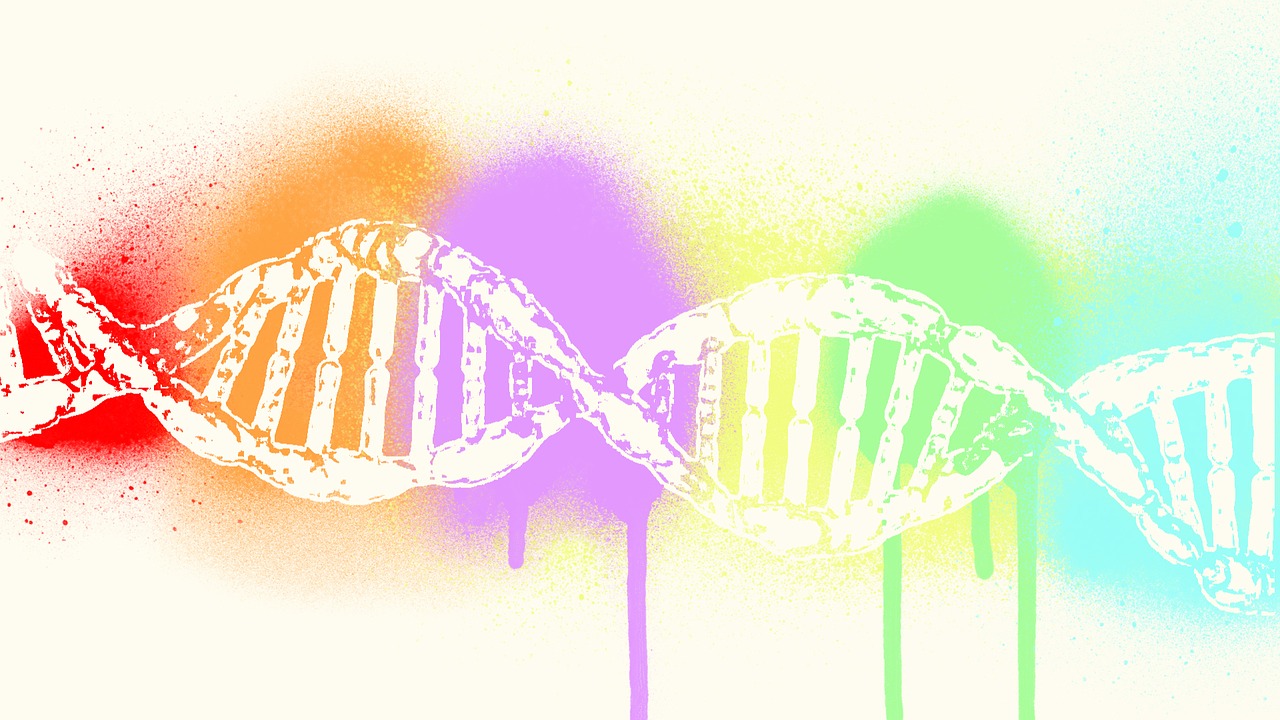
Scientists discover transcripts from the same gene that can express both proteins and noncoding RNA Read More
Take a 360-degree virtual tour of a scientific research vessel

For the first time, an interactive 360-degree virtual tour is letting you go behind the scenes on a marine research vessel – the Irish Marine Institute’s Celtic Explorer. The ship is equipped to research ocean acidification and warming, map the seafloor and deploy a variety of small, submarine-like remotely operated vehicles Read More
Humanity Only Has Around 1,000 Years Left on Earth, Stephen Hawking Predicts

Physicist Stephen Hawking has warned humanity that we probably only have about 1,000 years left on Earth, and the only thing that could save us from certain extinction is setting up colonies elsewhere in the Solar System.
“[W]e must … continue to go into space for the future of humanity,” Hawking said in a lecture at the University of Cambridge this week. “I don’t think we will survive another 1,000 years without escaping beyond our fragile planet” Read More
Replacing beef with beans could save the planet because people farts are better than cow farts
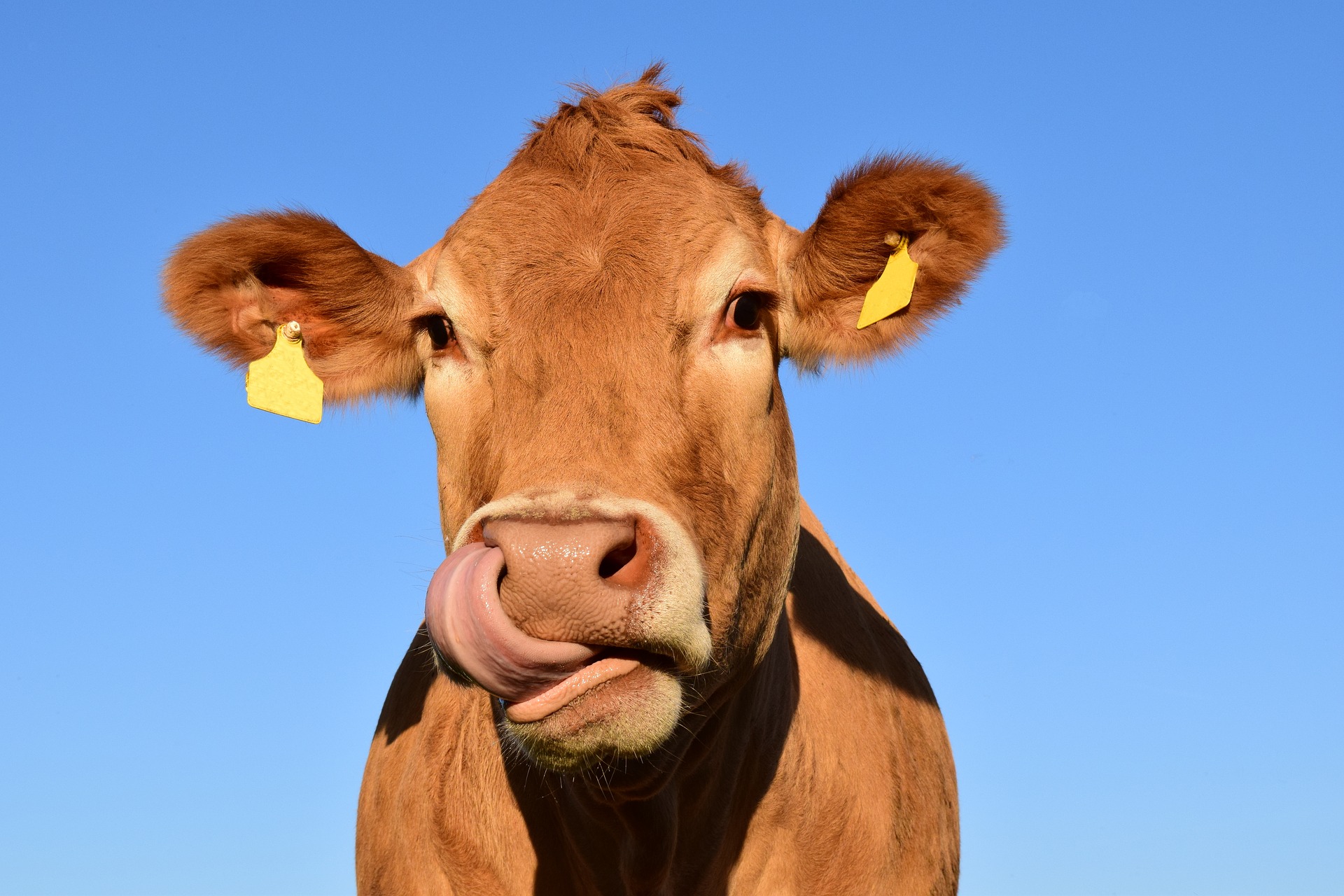
There’s an old childhood ditty about eating beans that start off “beans, beans, they’re good for your heart,” and ends with a snicker-inducing line about their other well-known effects — (rhymes with “heart”). It turns out, though, that beans are good for more than your heart. Eating them could also be good for the climate Read More
Rice University scientists have developed and evaluated analogs of potent anti-tumor agents known as epothilones
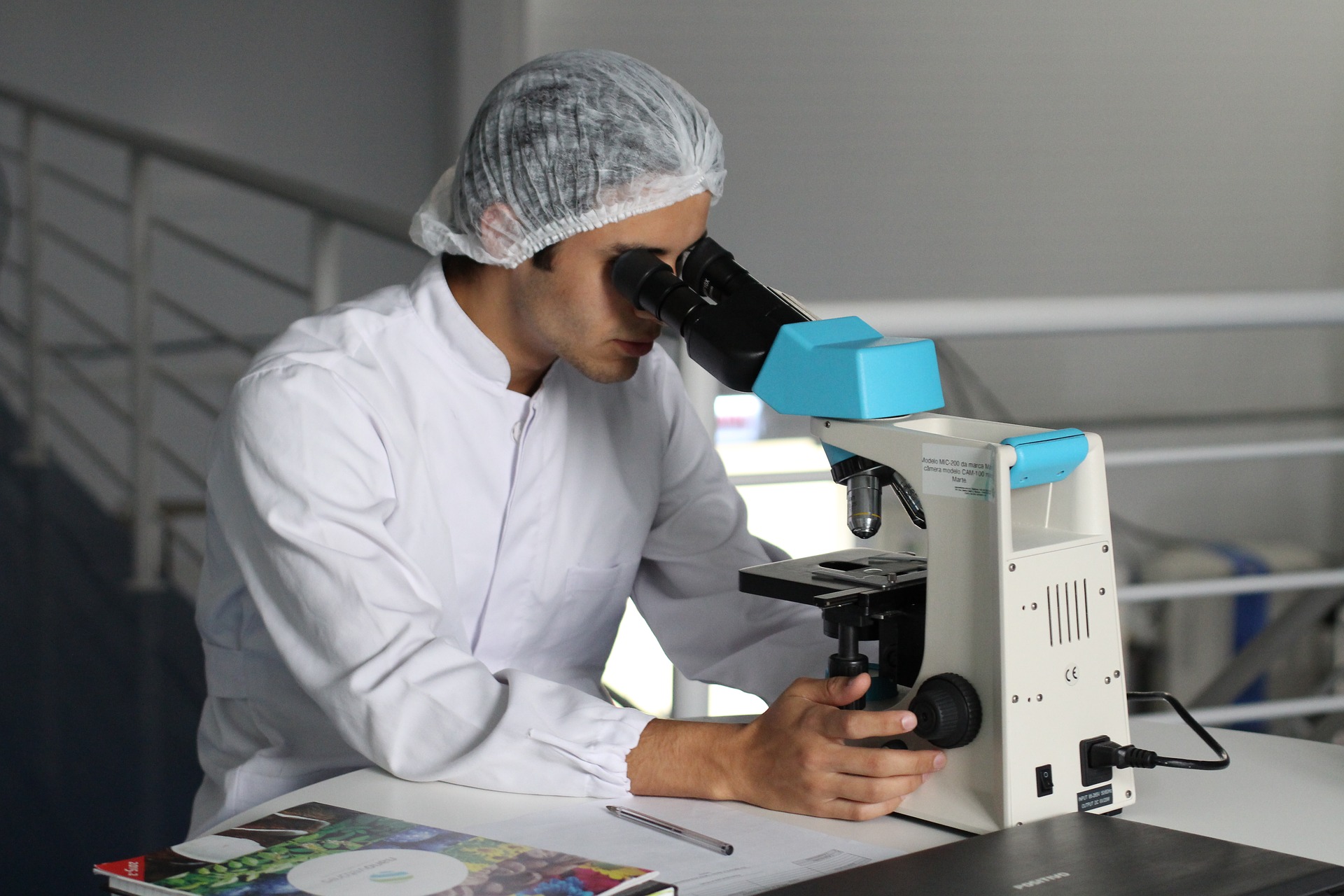
The substances introduced by Rice synthetic organic chemist K.C. Nicolaou is similar in their cancer-fighting mechanism to paclitaxel, the drug for which he is best-known, but have superior properties. Some compounds of the dozens of variations the scientists created exhibit potent cytotoxicities against certain cancer cells, including a drug-resistant cell line, Nicolaou said Read More
Science AAAS announced the 2017 ‘Dance Your Ph.D.’ contest!

Do you wish that more people understood your Ph.D. project? It doesn’t matter if you’re doing that research right now, or you did it years ago: It doesn’t get any easier to explain—unless you dance it out.
That’s right. It’s the annual Dance Your Ph.D. contest, sponsored by Science and AAAS. And this year marks our 10th anniversary of challenging scientists around the world to turn their esoteric Ph.D. research into dance videos that delight and inform the public. Read More
Scientists are trying to confirm the existence of a giant ringed planet
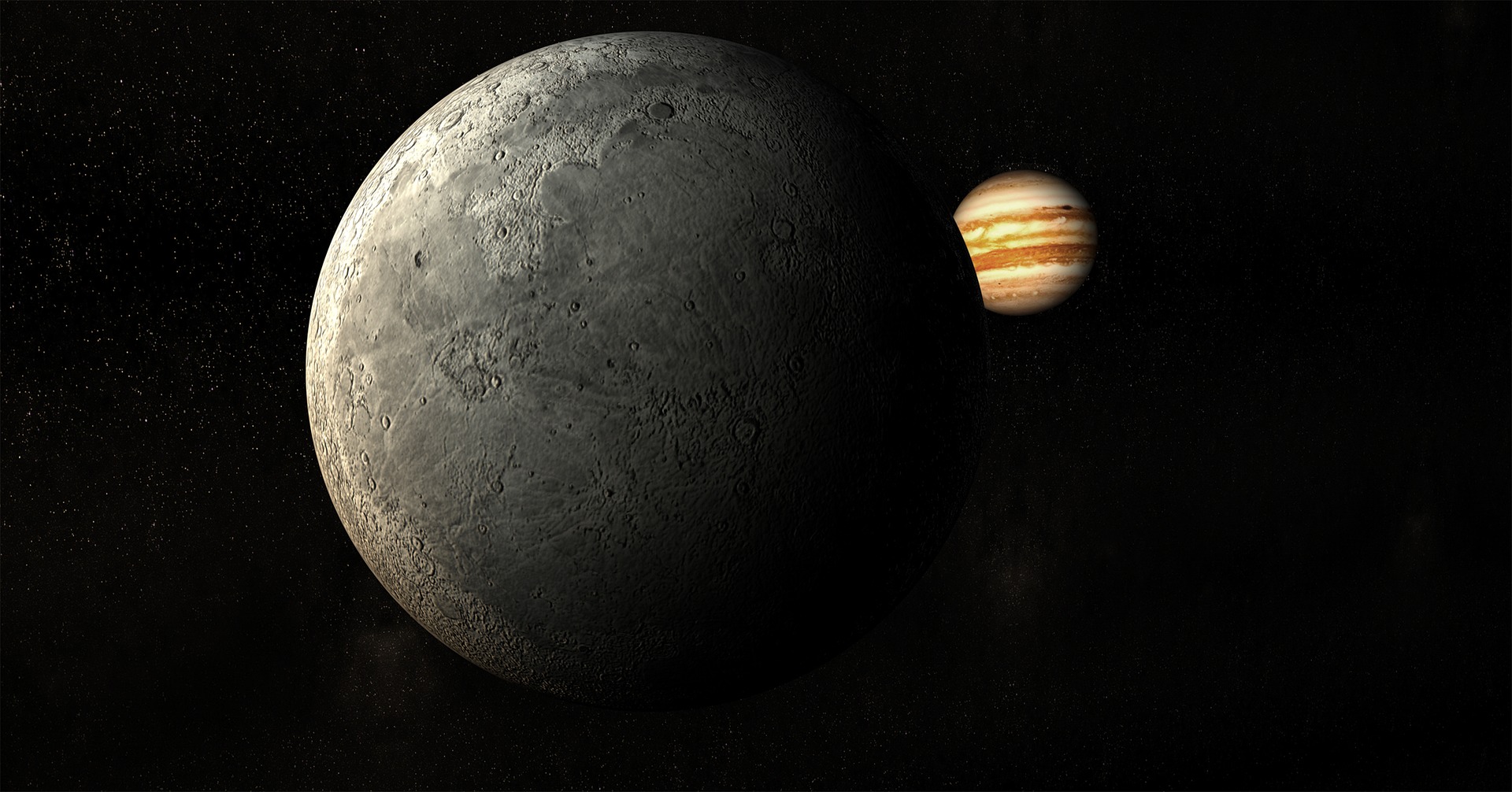
There’s a big eclipse coming up. No, not the total solar eclipse in August that we’re all really excited about. This one will happen in September around a star 1,000 light years away. Sure, it will be much more difficult to observe than our Moon passing in front of the Sun, but it could give us clues about a distant solar system. Read More
Microsoft Plans to Have a DNA-Based Computer by 2020

Moore’s Law will run out soon. This is the idea that computer processing power doubles every 18 months. Some scientists say they can even see our progress beginning to slow. The microchip can only get so small. At a certain point, the silicon will be too small and thin for the heat it’ll endure and it’ll fry itself. That’s troubling. A lack of progress on this front could bring the swift velocity at which technology is progressing to a screeching halt. Read More
The appetite genes: Why some of us are born to eat too much
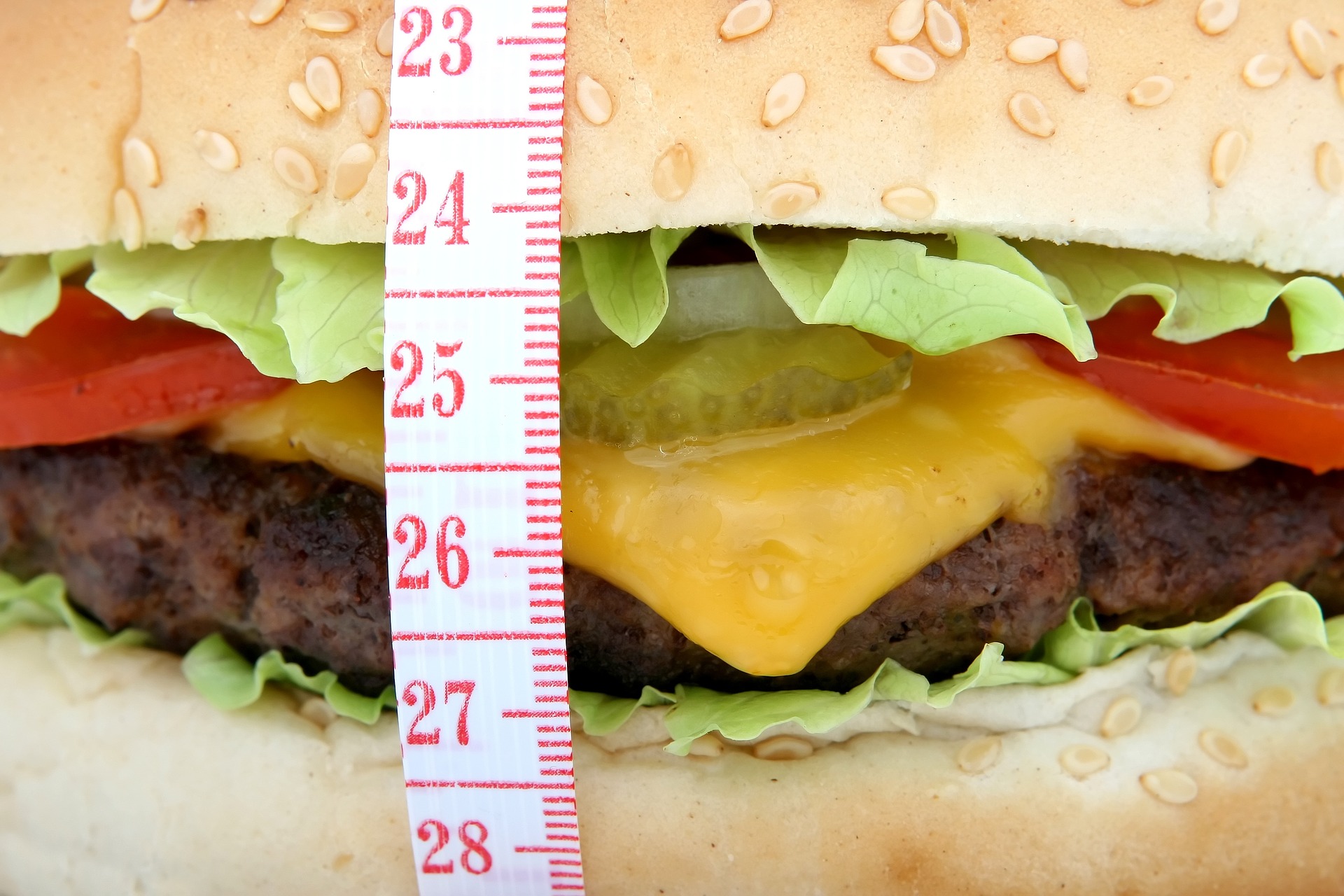
YOU’VE just finished an indulgent meal, the plates have been cleared and you sit back in your seat, stuffed. You couldn’t possibly manage another bite. But then it turns out they have sticky toffee pudding, your favorite dessert.
Oh go on then, you can make room. We all succumb to temptation. And it’s no secret that people have big differences in appetite – some eat like birds, others like horses. But only some of these differences reflect our energy needs. Read More
Images:
http://www.irishtimes.com/
https://chemtrailsplanet.net
Pixabay


